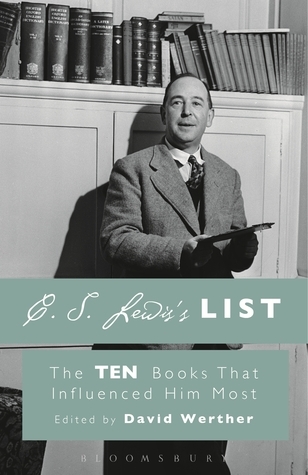What do you think?
Rate this book


248 pages, Paperback
First published April 9, 2015
Lewis was asked about his current writing and grumbled a bit about having found that he was concluding many of his paragraphs with iambic pentameter.’
Seated near him was an American Rhodes scholar, Richard Selig, a poet of energetic mind and considerable spirit. He responded in [a] pressing manner to the remark.
Selig asked, "If you will end your paragraphs in iambic pentameter, why do you grumble about it, sir?"
Lewis replied, "As usual, Selig, you missed the point. The difficulty is that I remember everything I've ever read and bits pop up uninvited."
"Surely not everything you've ever read, Mr. Lewis?"
"Yes everything, Selig, even the most boring texts."
Selig got to his feet and went to the College library, which was open late in term, and took out a volume of the long and little-read poem. He returned and opened the volume. He read a few lines.
"Stop!" said Lewis who lifted his eyes toward the ceiling and recited the poem in his rich and modulated public voice. He stopped after ten lines or so and looked at Selig, now very silent. Conversation was slow to resume at that end of the table.